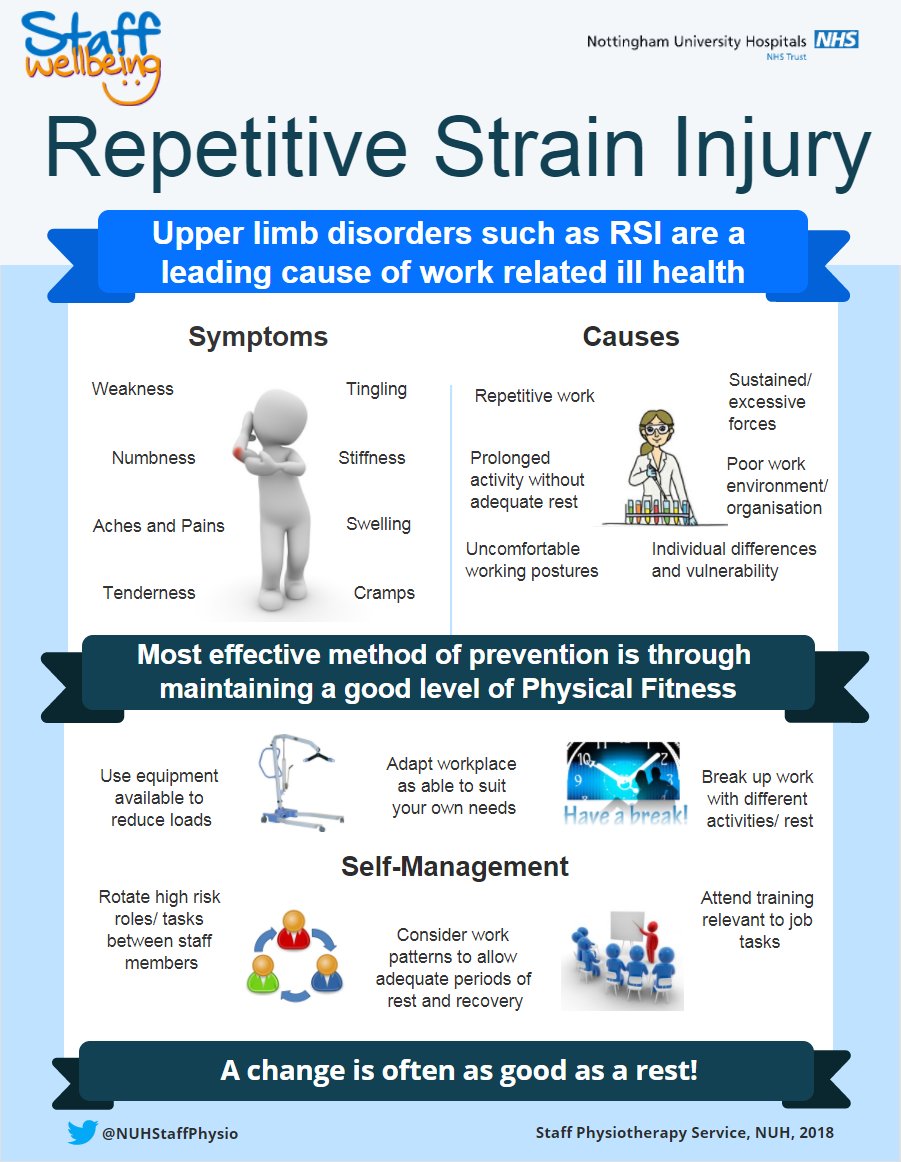Lots Of Reliable Methods For Child Counseling Are Readily Available To Assist Youngsters Recover, However Which Techniques Actually Resonate With Young Minds? Discover The Answers Within

Article Writer-Erichsen McElroy
When it involves helping youngsters recover, therapists utilize a selection of methods tailored to every child's requirements. From play therapy, where creative thinking permits expression, to cognitive-behavioral methods that develop resilience, these techniques develop a secure space for development. Family members characteristics likewise play a vital function in this process. To much better comprehend exactly how these strategies work and their effect, allow's discover the different methods therapists utilize.
Play Treatment: Recovering Via Creative Thinking and Expression
While many grownups struggle to articulate their sensations, children often express themselves finest with play. Play treatment gives a risk-free room where you can aid your child check out feelings and experiences creatively.
With toys, art, and role-playing, they can interact feelings they mightn't yet comprehend. You'll observe how they reenact circumstances, revealing their thoughts and anxieties. This restorative method cultivates emotional growth and recovery, urging them to refine trauma, develop self-confidence, and create social abilities.
As a parent, you can support this journey by being open and understanding. Remember, it's not practically what they claim; it's about exactly how they really feel. By engaging in play therapy, you're offering your child a powerful device to navigate their internal world.
Cognitive-Behavioral Treatment: Building Strength and Coping Skills
Cognitive-Behavioral Treatment (CBT) equips youngsters with essential tools to handle their thoughts and feelings properly. Through CBT, you'll assist your child identify adverse thought patterns and replace them with healthier alternatives. This procedure equips them to recognize that their thoughts affect their sensations and habits, cultivating resilience.
You'll interact on practical coping methods, such as deep breathing workouts or analytic techniques, which they can make use of in difficult circumstances. By establishing achievable goals, your child learns to track their progression and celebrate tiny success.
CBT also urges open interaction, allowing your child to express their feelings and issues. This strategy not only develops coping skills but additionally advertises a stronger sense of self-efficacy, helping them browse life's challenges with confidence.
Household Treatment: Strengthening Relationships and Assistance Solutions
Household treatment can be an effective device for enhancing connections and support systems within your house. It encourages open communication, permitting family members to reveal their feelings and worries in a risk-free environment.
By taking part in sessions together, you'll learn to recognize each other's viewpoints, cultivating compassion and lowering dispute. A therapist can guide you with conversations that expose underlying concerns, assisting every person expand closer.
intimacy issues with analytical methods, which not just address prompt challenges yet also build strength for future ones. As you strengthen these bonds, you create a helpful atmosphere where your child really feels secure to share themselves.
Ultimately, family members therapy grows a united front, improving your ability to navigate life's ups and downs together.
Final thought
In conclusion, child therapy techniques like play treatment, cognitive-behavioral therapy, and household treatment deal valuable support for youngsters dealing with emotional difficulties. By engaging in innovative expression, developing durability, and strengthening household bonds, you can help your child navigate their sensations and experiences. These techniques not only empower children to verbalize their emotions yet additionally foster long lasting healing and growth. With the best guidance, your child can establish the skills required to grow mentally and emotionally.

